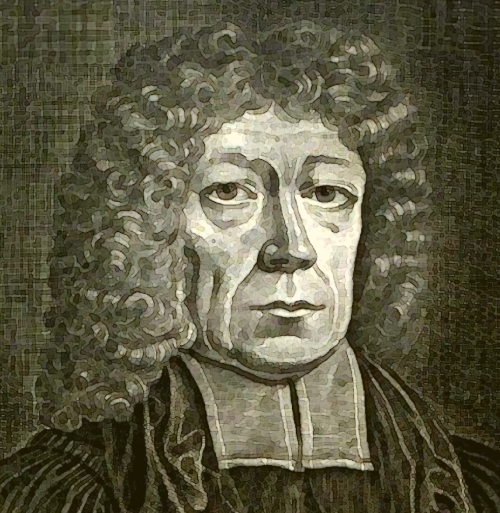Podcast: Play in new window | Download
Subscribe: Spotify | Email | RSS
 Should we defend what we think are biblical, yet unintelligible or seemingly incoherent claims as “mysteries“?
Should we defend what we think are biblical, yet unintelligible or seemingly incoherent claims as “mysteries“?
Anglican theologian Dr. Daniel Whitby (1638-1726) doesn’t think so.
Why? Because he’s a Protestant Christian, and he doesn’t find any example of this sort of excuse-making in the Bible. And he argues that it is unreasonable to attribute indistinct muttering or clumsy hinting to the Inspirer of the biblical books, when it comes to things people must believe in order to be saved.
At the end of a long life spent in ministry and theological and apologetic writing, Dr. Whitby wrote the essay presented in this episode, in which he argues against mystery-mongering, that it is ruled out by the sufficiency and clarity of scripture.
Does he make a strong case? Why or why not? [spp-tweet tweet=”Should we defend unintelligible or seemingly incoherent claims as ‘mysteries’?”]
Links for this episode:
- The Last Thoughts of Daniel Whitby (ebook-pdf)
- “cozenage,” “to cozen“
- podcast 132 – 10 Apologists’ Mistakes about the Trinity – Part 2
- podcast 2 – the “Athanasian Creed”

- An argument against Son-modalism
- Richard Cartwright (1925-2010), “On the Logical Problem of the Trinity”
- “The Unfinished Business of Trinitarian Theorizing“
- How Trinity theories conflict with the New Testament
- 10 steps towards getting less confused about the Trinity – #3 Take the mystery out of appeals to “mystery” – Part 1 – Part 2 – Part 3 – Part 4
- “Mysterianism“
- podcast 52 – John Locke’s The Reasonableness of Christianity, Part 1
- Texts discussed in this episode: Deuteronomy 29:29; 1 Peter 1:9; 1 Corinthians 14:8-9; 1 Timothy 2:4; 2 Corinthians 3:12.
- The “Thirty-Nine Articles” of the Church of England.
- This week’s thinking music is “Know No No-Nos” by Doctor Turtle.
